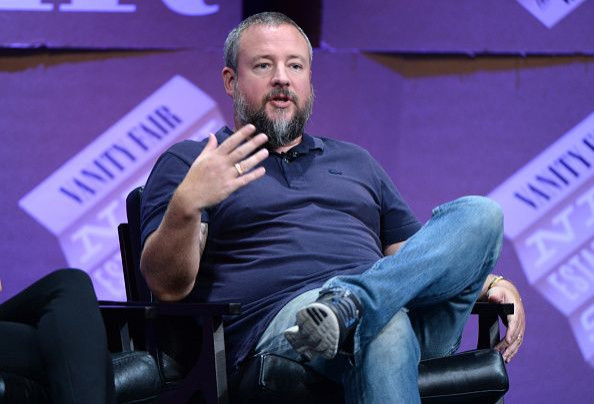Disney Doubles Stake In Vice Media, Which Is Somehow Worth $4 Billion

The Walt Disney Company, family entertainment titan, has doubled its stake in Vice Media to 10 percent of the company, or $400 million, a source familiar with the matter told International Business Times on Tuesday. The source, who wished to remain anonymous because the deal had not yet closed, confirmed that the deal would value gonzo news group Vice at over $4 billion.
First reported by the Financial Times, the deal will funnel money into Vice's international programming and development. Vice, founded in Canada in 1994, recently announced it will launch a new TV network, Viceland, in February through a partnership with cable's A&E. Disney got a 5 percent stake in the media startup last year when Vice sold 10 percent to A&E, half of which is owned by Disney.
Viceland has drawn involvement from high-profile Hollywood talent like offbeat director Spike Jonze and actress Ellen Page.
CEO Shane Smith has promised to bring home the bacon on the new platform. "We will test new and innovative monetization strategies placing Viceland at the pointy tip of the spear of the rapidly changing terrain of TV advertising."
Vice already has a foot in show business, having produced a news show for two years with HBO.
The media company's actual website, meanwhile, continues to grow in traffic, although it brings in monthly uniques of only 23 million, according to the analytics firm comScore. For a company with a $4 billion valuation, that's a far cry from shops like Huffington Post, which still pulls in around 86 million a month even after traffic setbacks this year. BuzzFeed hit 85 million in October.
It's one sign that Vice's investment in slick, flashy video projects plays a huge role in pitching the company's worth to potential partners and advertisers, despite it having an objectively smaller reach than most of its competition in digital media.
© Copyright IBTimes 2025. All rights reserved.






















